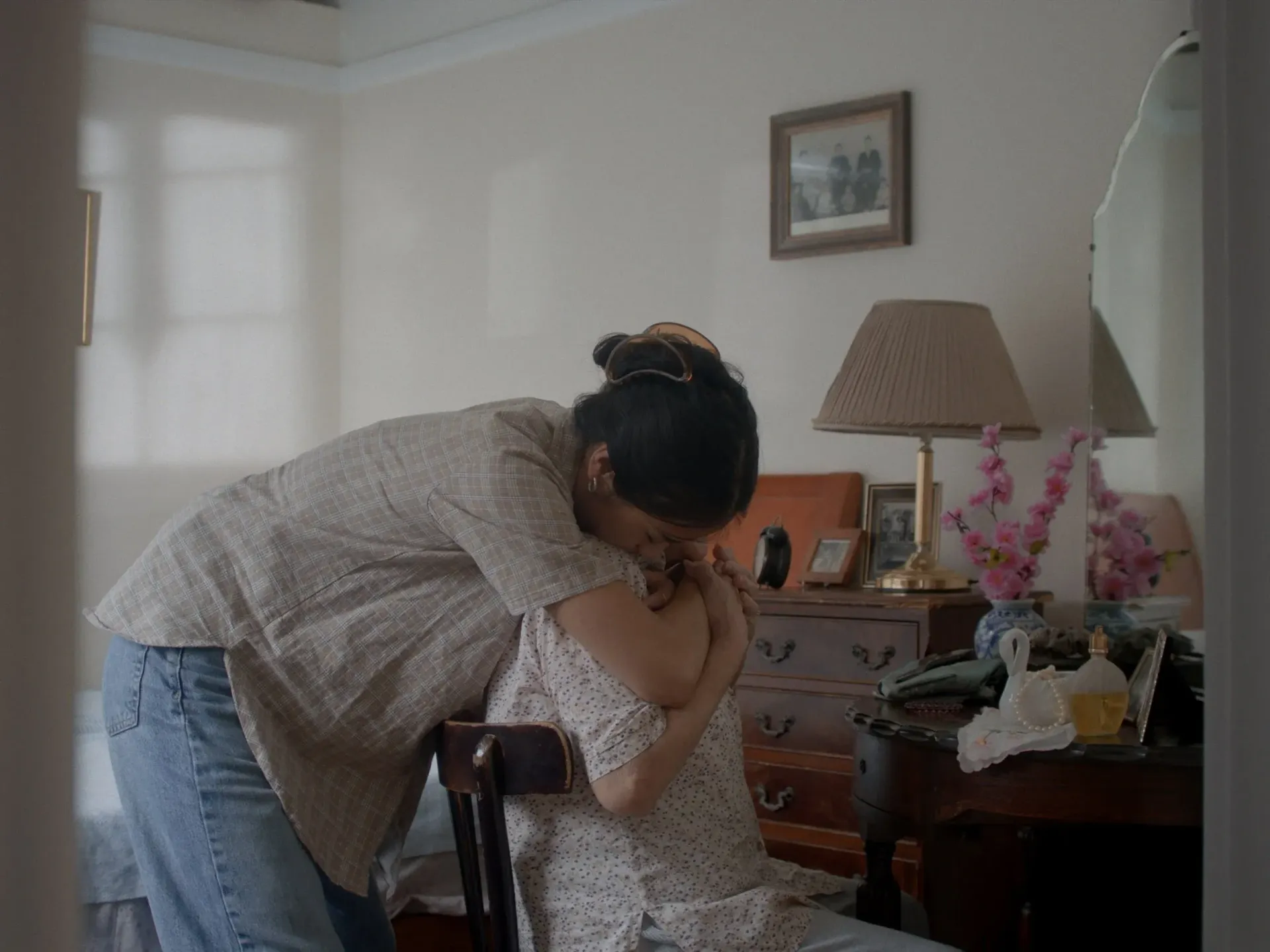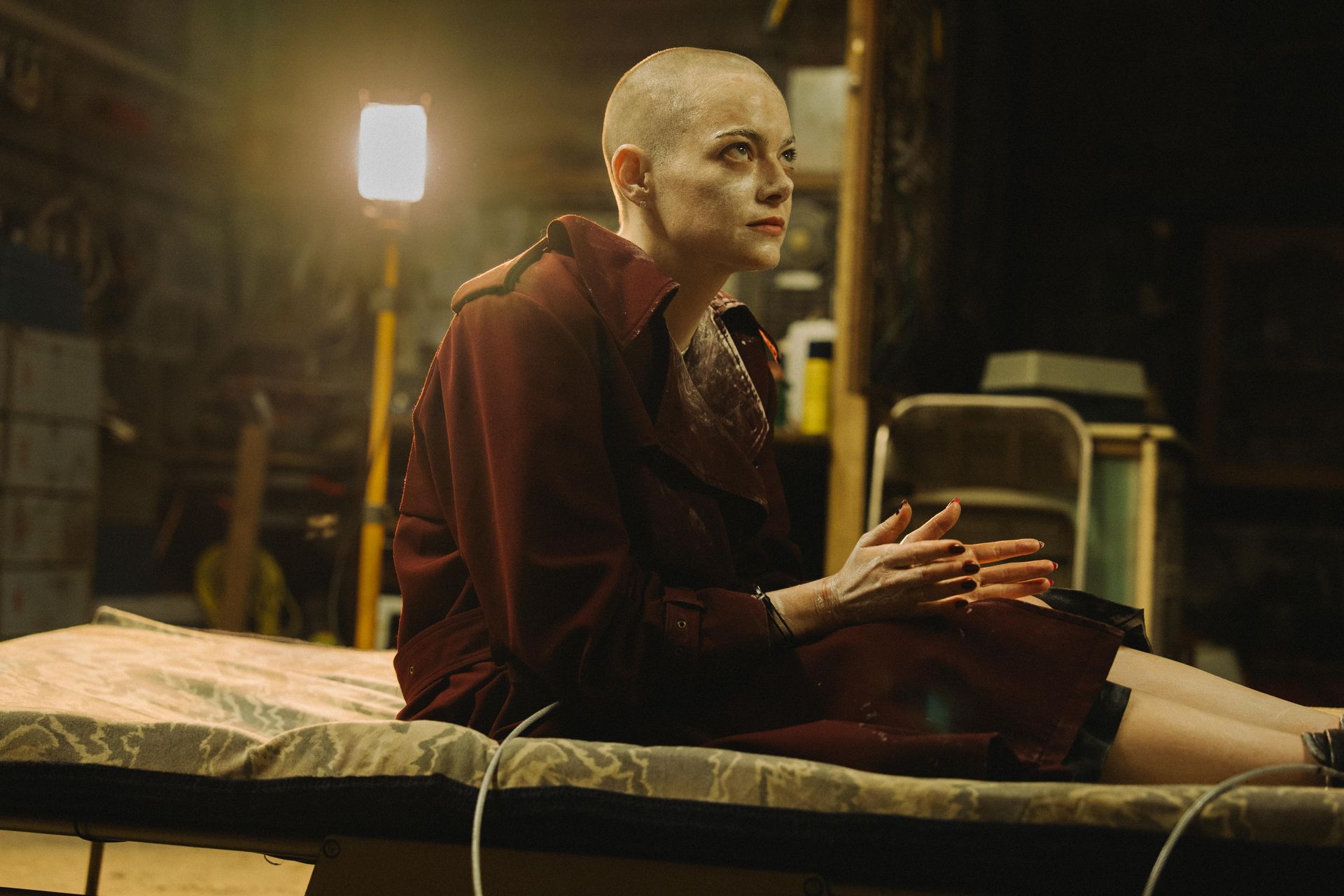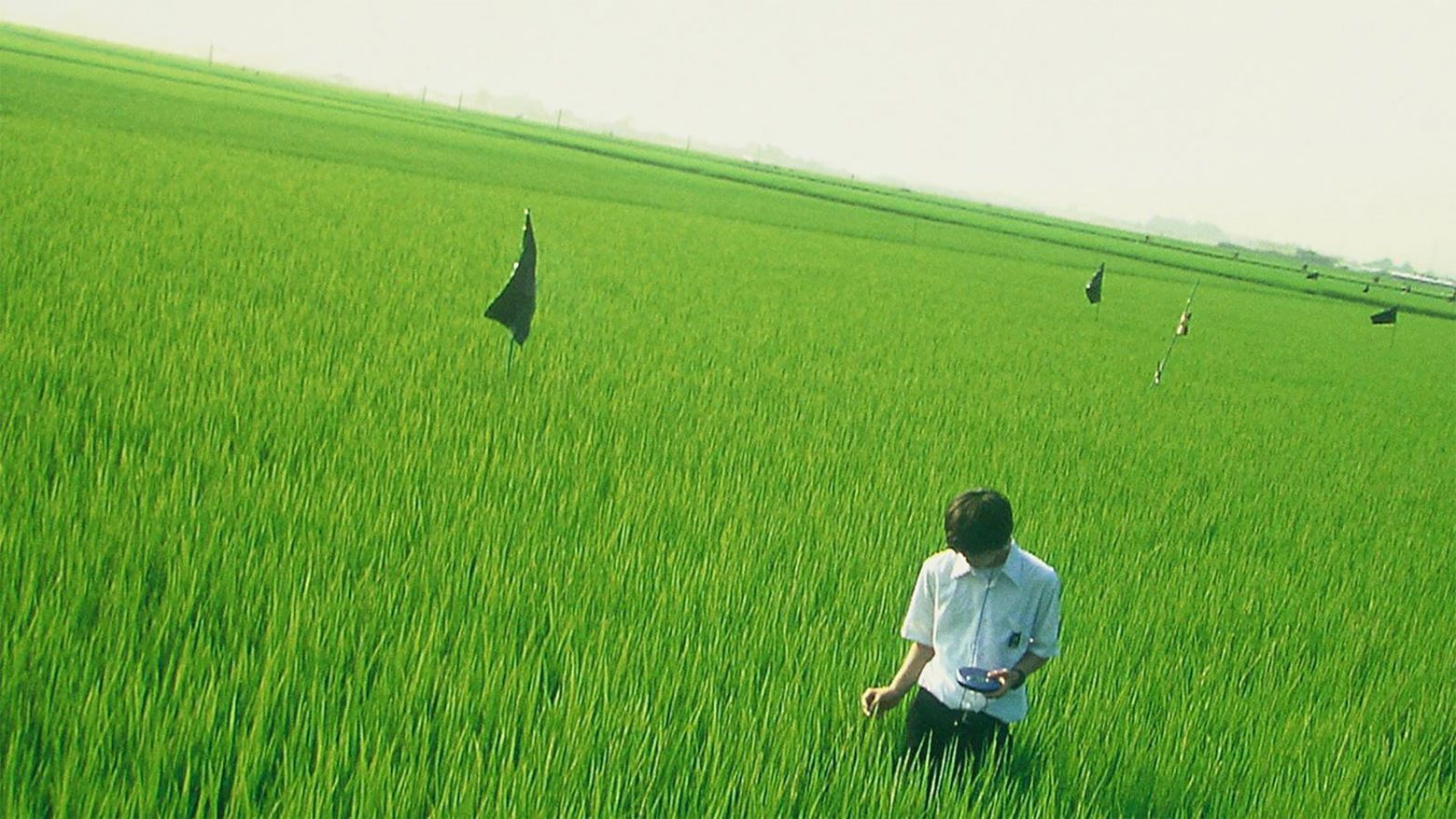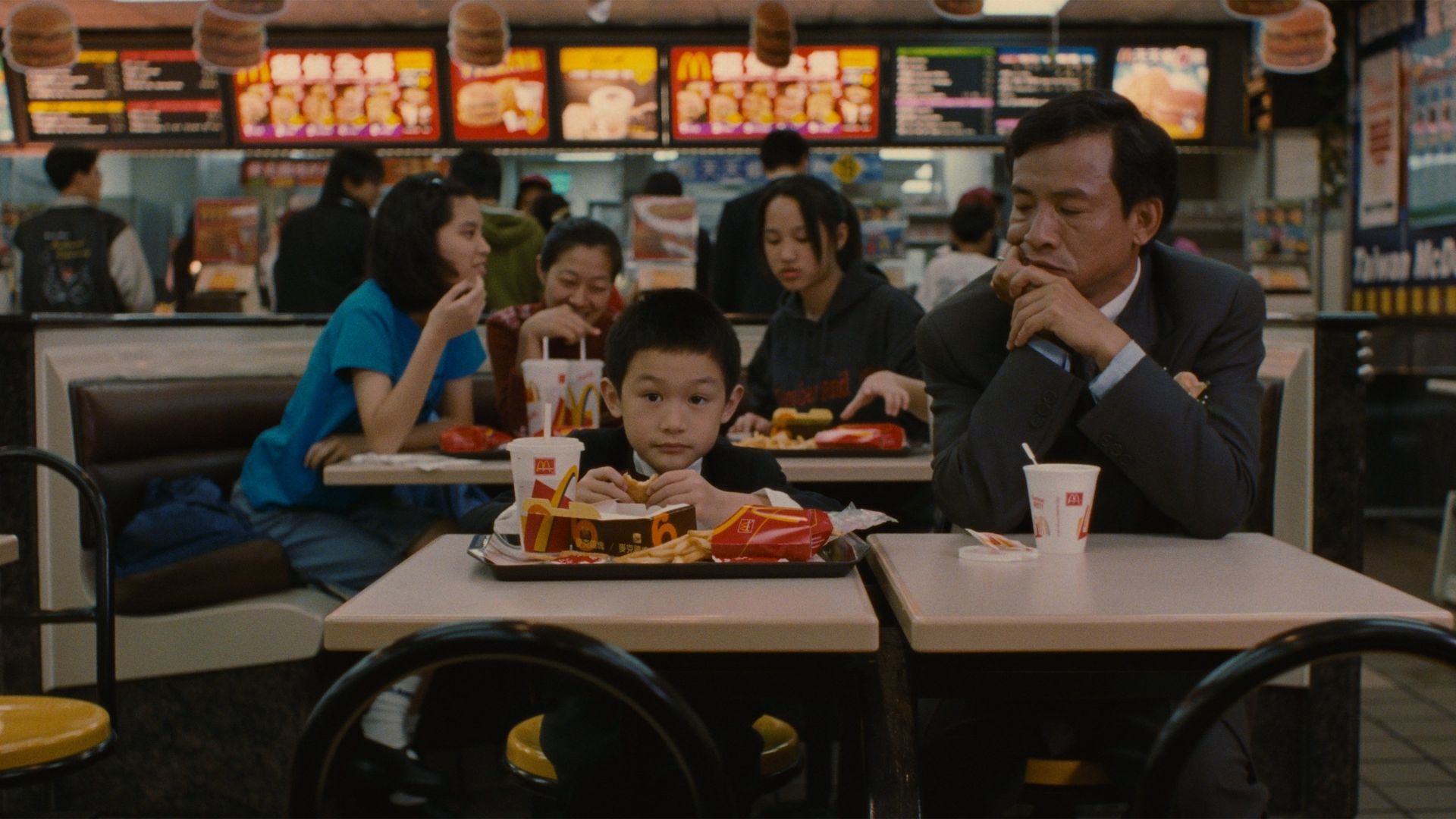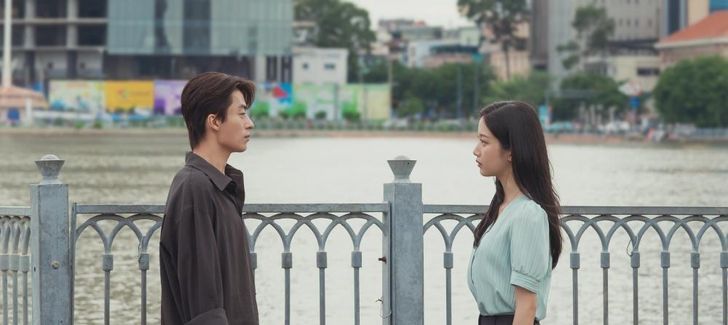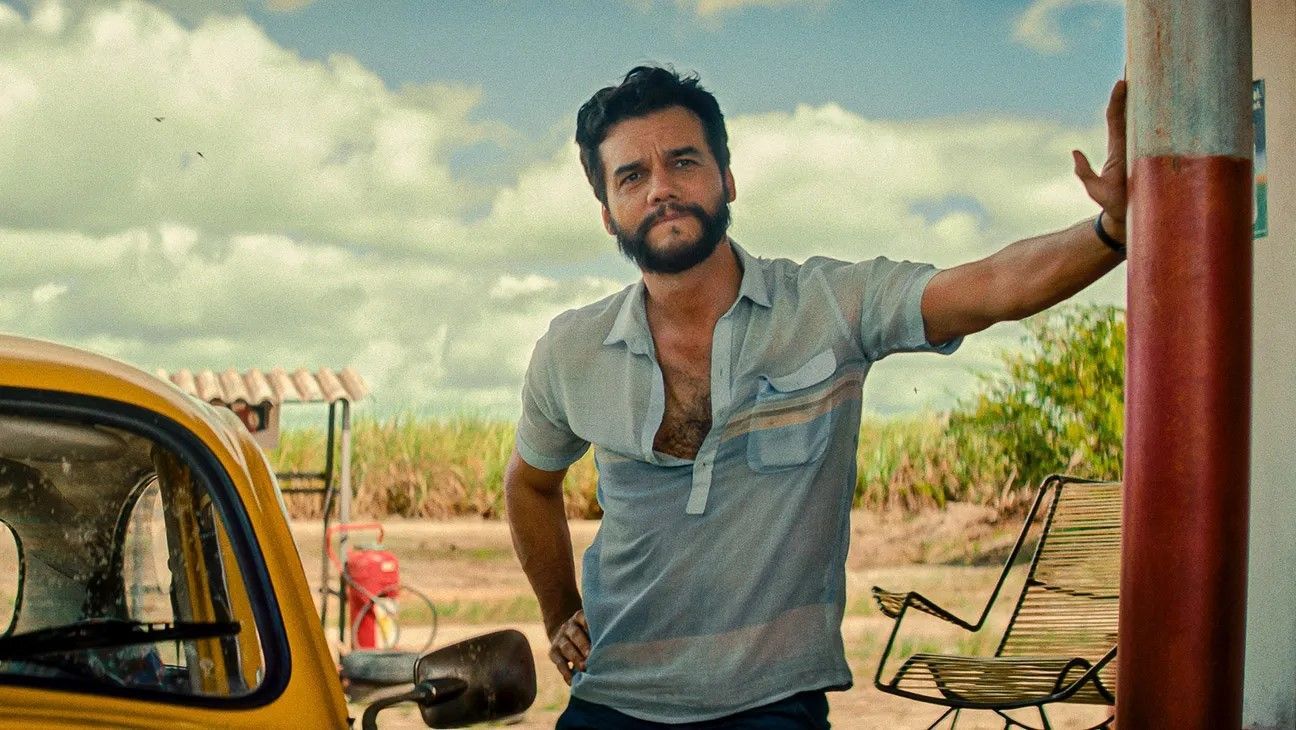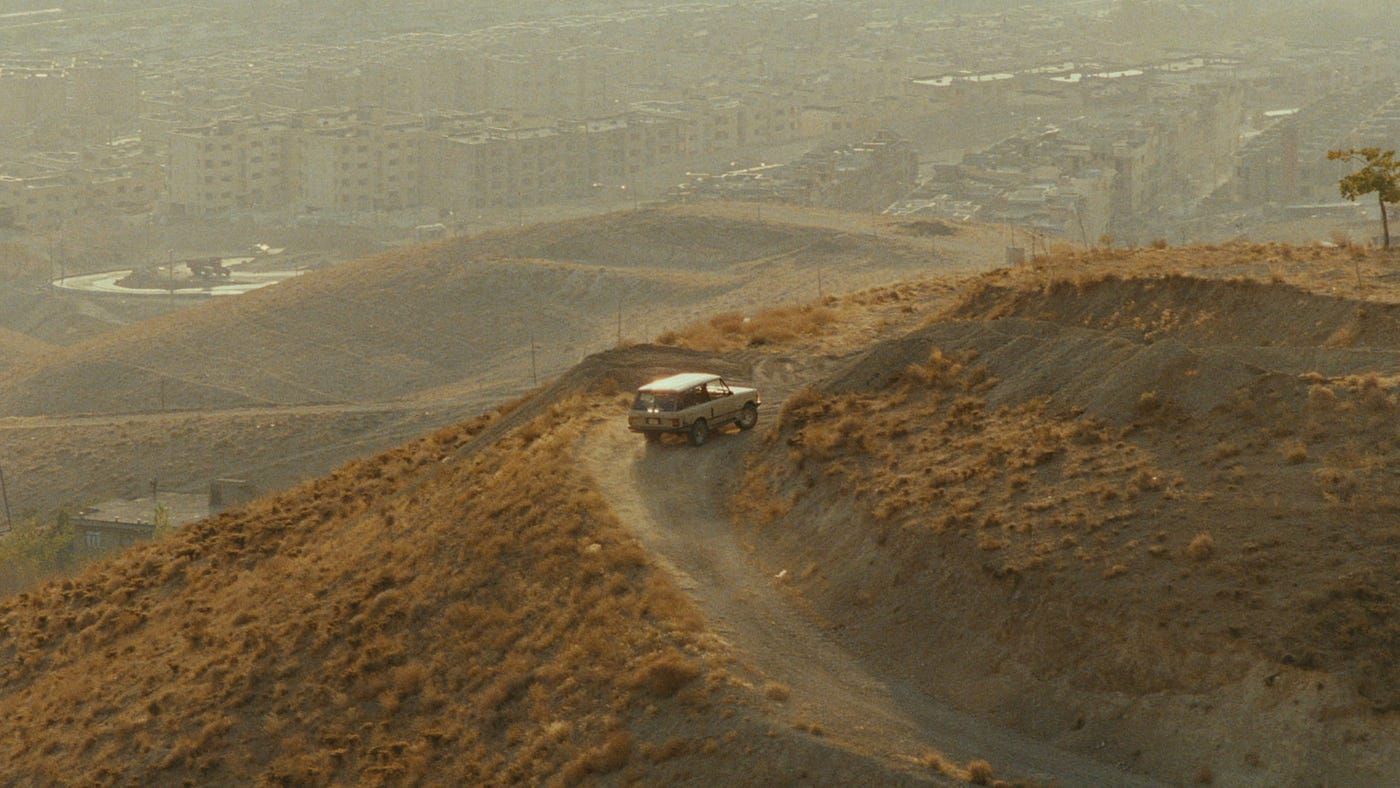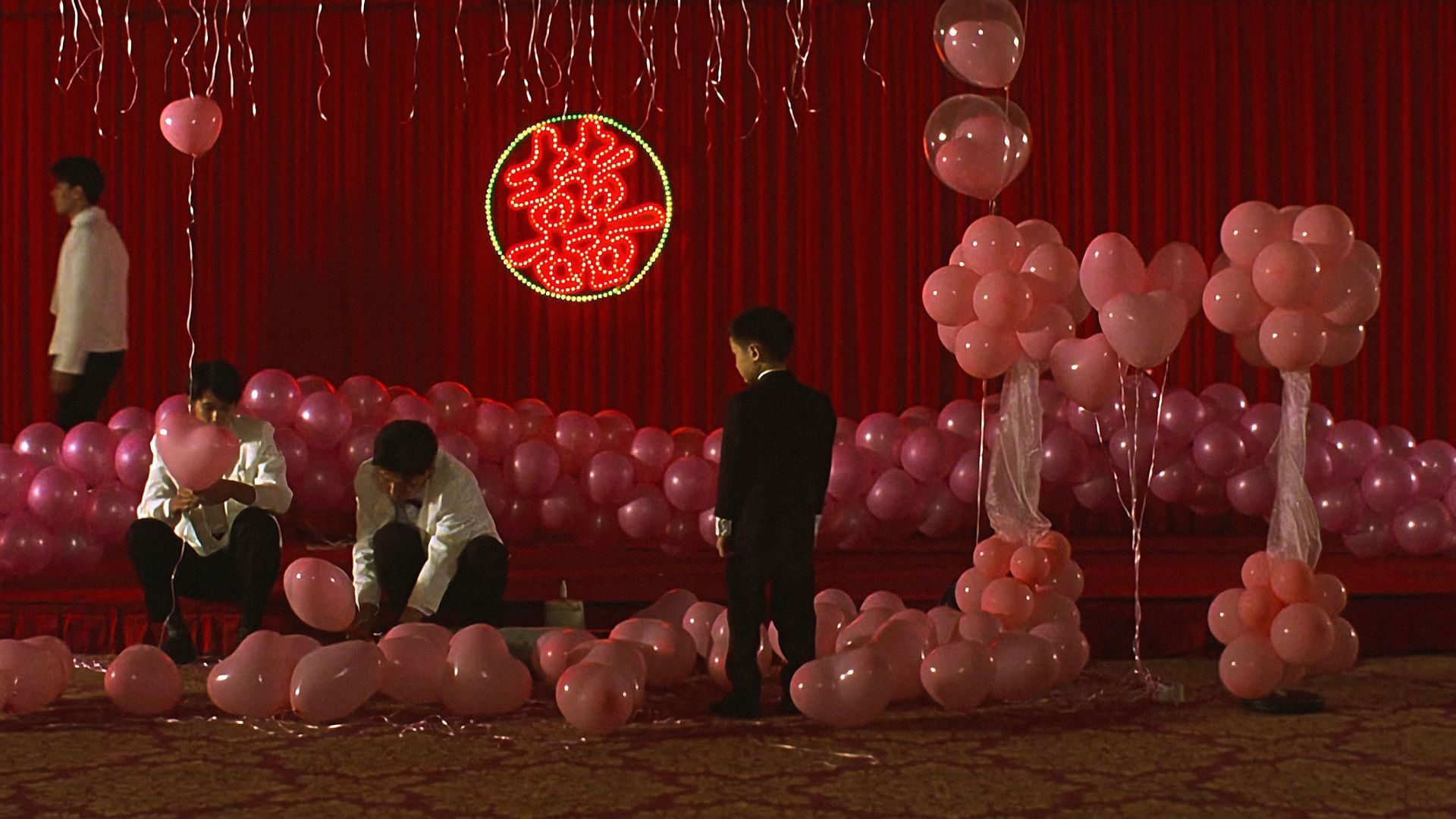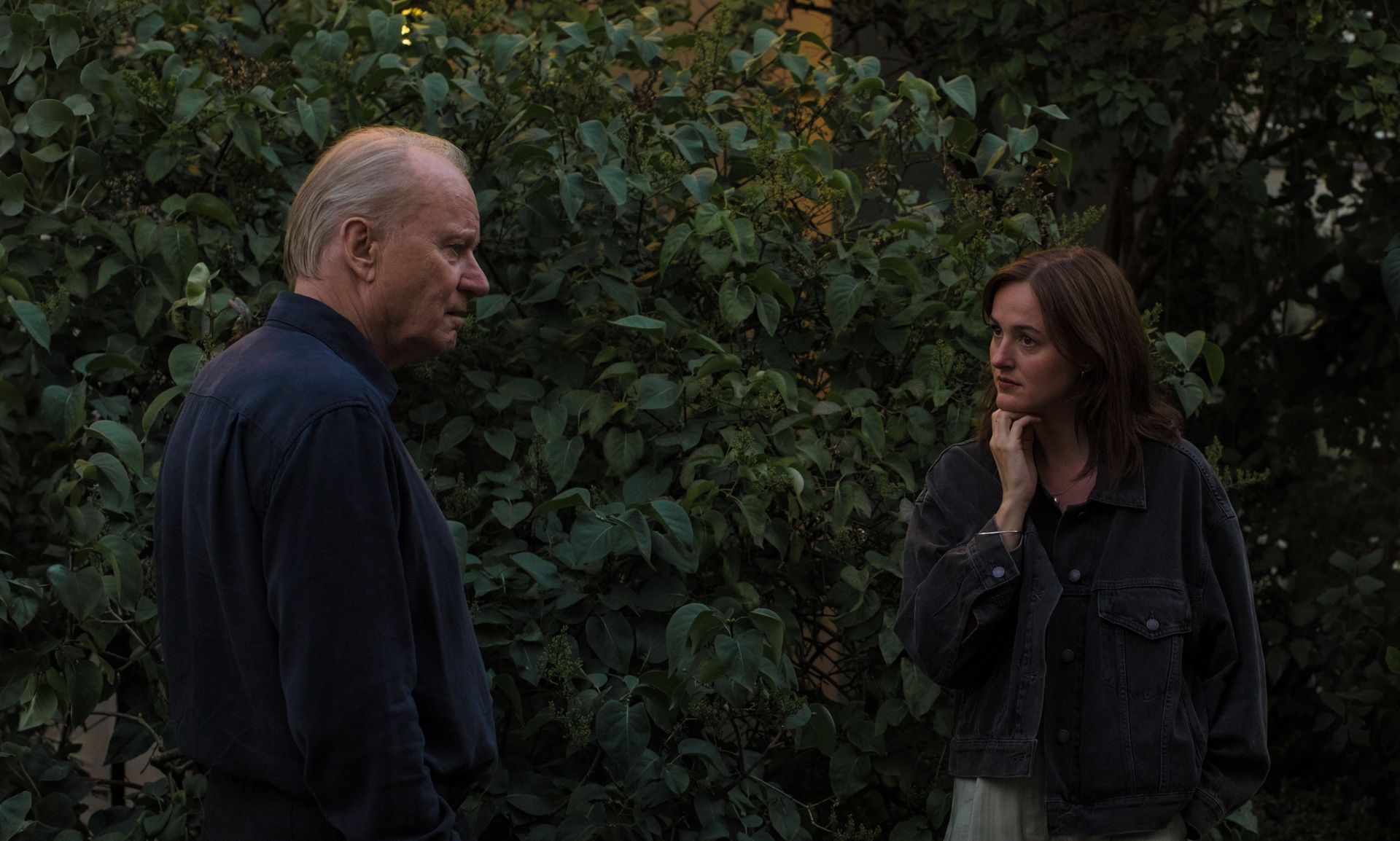In Conversation With Hein Htut (SYFF)
SYFF: In Conversation With Hein Htut
It’s shocking how little we know about some of the people we are surrounded by.
In Singapore’s multicultural society, there is a considerable population of Burmese people and yet when I am asked about my race, my response is often met with, “Where’s that?”. There ought to be more understanding of people that share the same place you call home, and film is a great place to start; to hear voices and stories from different walks of life. Film festivals are an amalgamation of stories and cultures, an opportunity to pick out a new lens through which you may otherwise never get the chance to see—and the Singapore Youth Film Festival (SYFF) is a space to watch.
If this is your introduction to Burmese filmmakers, local Burmese cinematographer Hein Htut is a standout
in 2024’s SYFF for his work in
Trilingual Education Programme
(2024). The film is set in a near-future Singapore where dialect has been formally reintroduced to Chinese schools. Kun is an English-educated teacher who transfers to a Chinese school and has to prove his dialect proficiency at the risk of losing his job as the sole provider of his family. I had the opportunity to speak to Hein Htut and get his insights into how culture plays into his artmaking.
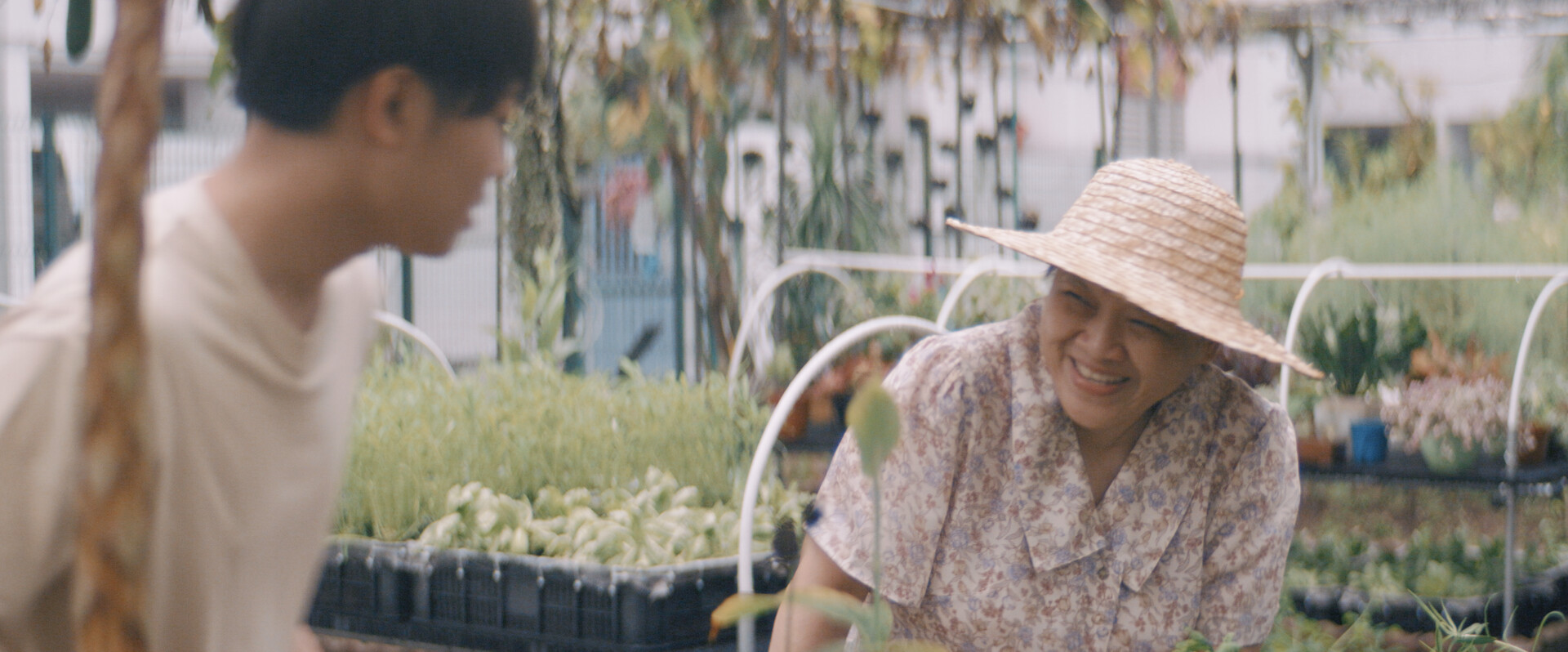
Victoria: What was your experience like working on Trilingual Education Programme?
Hein Htut: It was a really good time. The director (Andre Chong) is a good friend of mine, and when I heard about this project I was very keen and excited to embark on it together and create this world with him.
V: I’ve noticed that culture is a prominent theme in the stories you tell. How has your culture and your Burmese identity impacted the way you tell stories?
H: My family lived in Yangon, Myanmar until about 2008, when we migrated to Singapore due to my dad’s job and because the country wasn’t very stable. I was about 11 then. I think as a Burmese person living in Singapore or any immigrant here really, there’s always going to be this identity crisis. The longer you live here, the more you have this dilemma of, “Am I Singaporean or am I Burmese?” That played a major role in my life and my cultural identity and it’s one thing that I wanted to show about the diaspora of the people that are intertwined in this unsureness of their cultural identity in a foreign country that they’ve made home.
V: What sparked your interest in film and why is film your medium of choice in telling these stories?
H: It started with small projects that I’ve been doing since I was a kid, like creating video projects during secondary school and finding it exciting to use Windows Media Player to edit short films. When I went to Film, Sound & Video at Ngee Ann Polytechnic, I got more exposure to films and the different kinds of cinema out there. I fell in love with it. I think everyone starts out trying or wanting to be a director, but then I realised that down the line, that’s not really what I wanted to do. I've always leaned more towards the director of photography role; I like the idea of assisting the director in bringing his vision to life. Pho Tha (2023) was my one and only directing shtick.
While he leans towards the role of cinematographer, Hein Htut’s directorial work has also been celebrated in 2023’s National Youth Film Awards (NYFA) when he won the Best Director award for Pho Tha (2023). Pho Tha is a story we both share, a story of losing a grandfather back in Myanmar at the height of the ongoing Burmese civil war and being unable to bid farewell.

V: I would love to hear a bit about your experience working on Pho Tha, your inspirations and what went on behind the scenes.
H: Pho Tha actually started off as a school assignment, to be honest with you. We were meant to do a short-film adaptation of a literary piece. I’m not a director by trade, but I felt like if I were going to direct a film, it would be a story about something personal to me and what I’ve been through, that I believe someone like yourself would be able to relate to. Initially, I tried to look for Burmese poets to adapt but I ran into a lot of technical issues particularly with reaching the poets. I realised there was a real danger of the poets being persecuted due to the coup. I did reach out to a few poets to ask for their permission and identities for their work to be adapted, but they said it was too risky for their safety. By chance, I stumbled upon “(because I am a daughter) of diaspora”, a poem by Eunice Andrada. The words from the poem really stuck out to me and stayed with me for a while. Again, the concept of diaspora and this dilemma of cultural identity particularly with the ongoing coup, the poem resonated with me and inspired me to birth Pho Tha, building a story around my grandfather’s passing.
For me, watching Pho Tha was the first time I learnt the feeling of being represented on a screen and hearing a story that resonated so closely with my own experience. As a fellow Burmese film student, I have always studied and understood the significance of representation, but it was not until I saw Pho Tha that I understood the feeling myself. I hope I too will someday be able to emulate this feeling in others as a filmmaker.
Thanks to the wonderful conversation with Hein Htut and watching the two films, I was reminded of the importance of representation on a screen from voices that are seldom heard. Singapore Youth Film Festival is the destination for the upcoming generation of names you may see on the big screen, and a cornucopia of stories told by voices in different languages and of different cultures. Get a head start there!
----------------------------
Author's bio: Victoria Khine is a fresh graduate from Film and Literary Arts at School of the Arts, Singapore. She loves watching and making films, and she writes from the heart.
This review is published as part of *SCAPE’s Film Critics Lab: A Writing Mentorship Programme, with support from Singapore Film Society.

